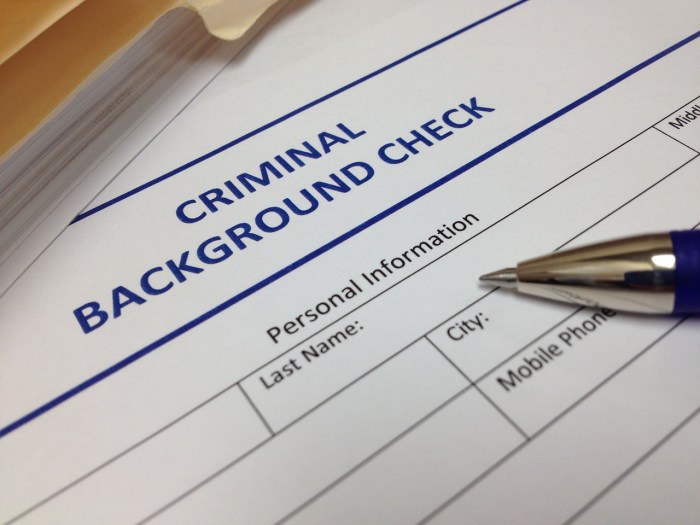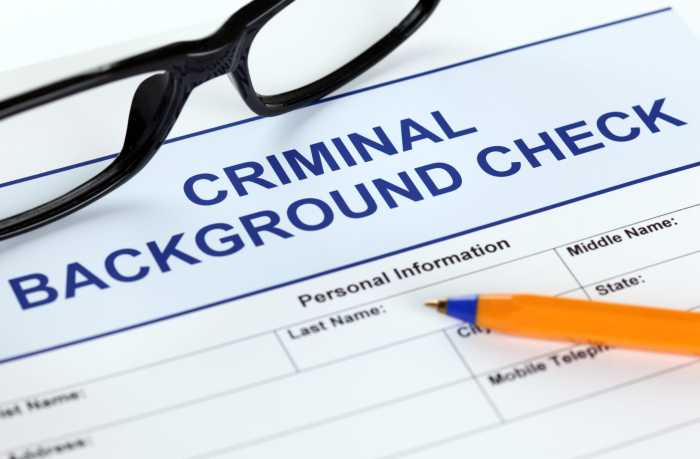Criminal background checks for nurses and physicians are – In the realm of healthcare, the significance of criminal background checks for nurses and physicians cannot be overstated. These screenings serve as crucial safeguards, ensuring the well-being of patients and upholding the integrity of the medical profession.
The prevalence of criminal background checks in healthcare varies across regions and is influenced by factors such as legal mandates and institutional policies. The legal framework governing these checks is complex, balancing patient safety concerns with individual privacy rights. Various types of background checks exist, each with its advantages and limitations.
Prevalence of Criminal Background Checks in Healthcare

Criminal background checks are increasingly common in healthcare settings, with the majority of healthcare facilities conducting them on nurses and physicians. The prevalence varies regionally, with some states having stricter requirements than others. Factors influencing the decision to conduct background checks include patient safety concerns, legal liability, and regulatory compliance.
Legal and Ethical Considerations, Criminal background checks for nurses and physicians are
The legal framework governing criminal background checks in healthcare is complex, involving federal and state laws. Ethical issues arise from the potential for discrimination against individuals with criminal records, as well as concerns about privacy and due process. Balancing patient safety with individual privacy is a key challenge.
Types of Criminal Background Checks

Various types of criminal background checks are available, including local, state, and national checks. The scope of the check determines the offenses that may be included or excluded. Advantages and disadvantages of each type should be considered when selecting the appropriate check.
Impact on Healthcare Workforce

Criminal background checks can have a significant impact on the healthcare workforce. Individuals with criminal records may face discrimination, limiting their employment opportunities. Mitigating the negative impact on workforce diversity requires careful consideration and implementation of fair and equitable policies.
Role of Licensing Boards and Regulatory Agencies
Licensing boards and regulatory agencies play a crucial role in overseeing criminal background checks in healthcare. They establish standards and guidelines for conducting background checks and enforce compliance. Their involvement ensures the integrity and consistency of background checks across healthcare settings.
Future Trends and Considerations
The use of criminal background checks in healthcare is evolving. Emerging trends include the use of technology to streamline the process and the potential for changes to legal and ethical frameworks. The impact of these trends on the healthcare workforce and patient safety requires ongoing monitoring and evaluation.
FAQ Resource: Criminal Background Checks For Nurses And Physicians Are
What types of offenses are typically included in criminal background checks for healthcare professionals?
Offenses related to patient safety, such as assault, theft, and drug-related crimes, are commonly included in background checks.
Can individuals with criminal records be denied employment in healthcare?
Yes, healthcare facilities may deny employment to individuals with criminal backgrounds that pose a risk to patient safety or violate ethical standards.
What are the ethical considerations related to criminal background checks in healthcare?
Balancing patient safety with individual privacy, ensuring fairness and avoiding discrimination, and protecting vulnerable populations are key ethical considerations.